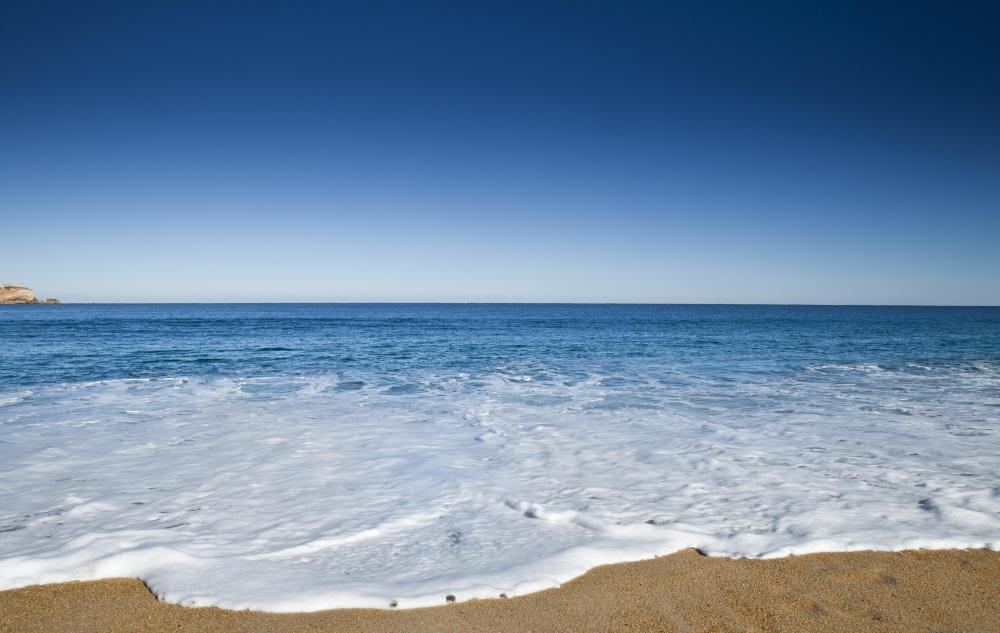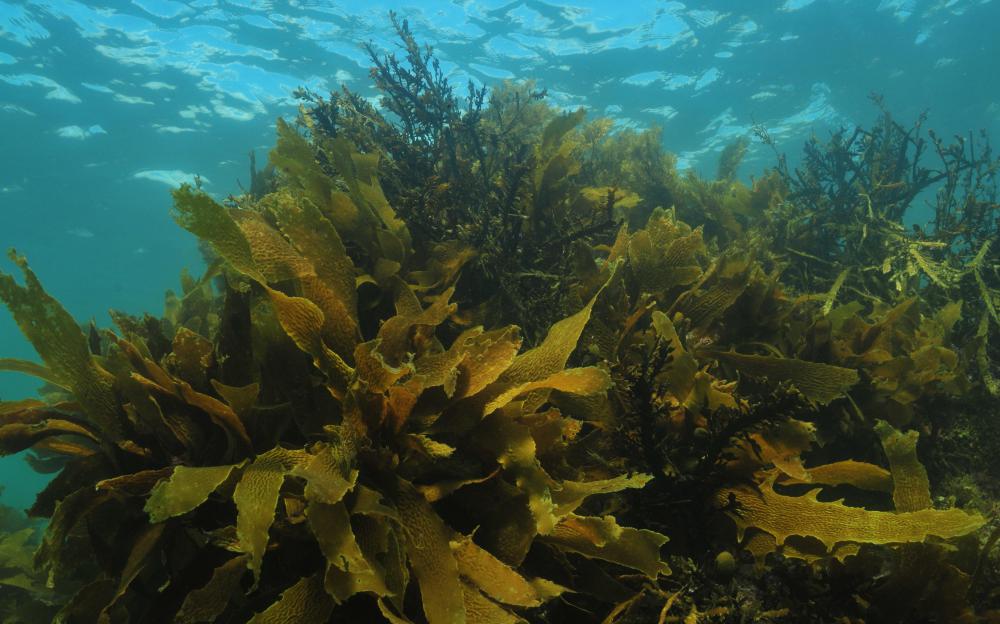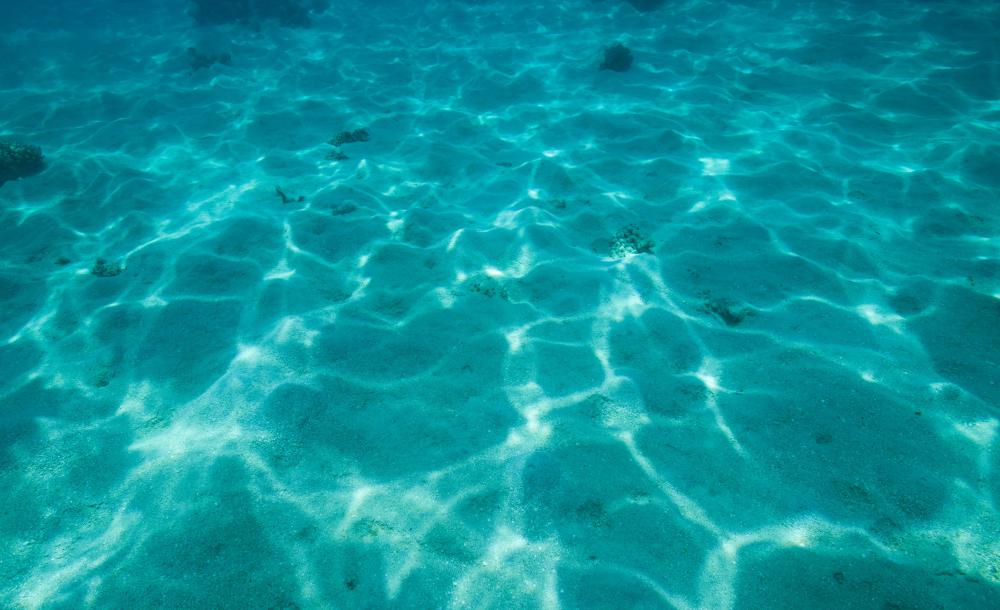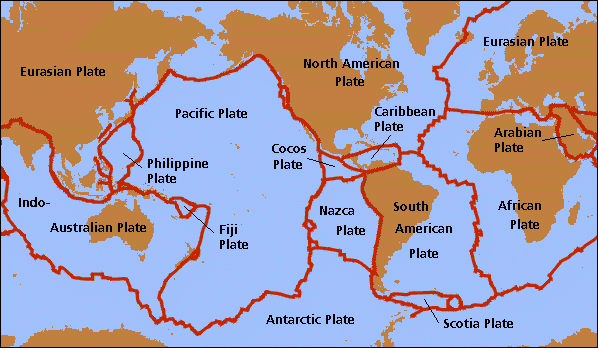At PracticalAdultInsights, we're committed to delivering accurate, trustworthy information. Our expert-authored content is rigorously fact-checked and sourced from credible authorities. Discover how we uphold the highest standards in providing you with reliable knowledge.
What does an Oceanographer do?
An oceanographer is a trained scientist who studies the various physical properties and processes of oceans. He or she might study the chemical composition of ocean water samples or investigate physical changes in tides and currents. Scientists may track the movement of minerals and sediments, analyze seismic and volcanic activity, or survey ocean floors. An oceanographer can find employment with a private research institution, university, government agency, or environmental organization.
An oceanographer often specializes in chemical, physical, or geological oceanography. Chemical oceanographers collect and analyze samples of water, sediments, and marine plants to better understand their chemical structures. Scientists might determine how pollution changes the chemical composition of ocean water, and the greater effects pollution may have on plants and animals. They may also investigate samples from many different areas to understand the movement of different minerals and chemicals over time and space.

A physical oceanographer studies the visible makeup of ocean sediments, changes in tides and pressure, and the effects of different natural processes. Scientists might track currents and temperature changes to determine how and why certain weather patterns emerge. Some physical oceanographers use their knowledge of seafloor spreading and plate tectonics to predict earthquakes and tidal activity.

There is remarkably little scientific knowledge of the earth's ocean floors. Professionals who specialize in geological oceanography are essential in mapping unfamiliar seafloors, investigating deep sea vents, and discovering new marine life at extreme depths. Since physically exploring ocean floors is incredibly difficult and dangerous, geological oceanographers employ a number of indirect mapping techniques and equipment. They may use global positioning systems, underwater cameras, and depth finders to determine the presence of ridges, valleys, and other topographical features.

Oceanographers who work for government agencies and environmental groups are often involved in conservation efforts. Their research is often applied to theories of global climate change and used to explain the effects of pollution on marine ecosystems. Many conservation oceanographers explain their findings in scientific journals and in public awareness seminars.

To become an oceanographer, a person must typically obtain at least a master's degree in oceanography or marine geology. Most scientists who work for universities and government agencies hold doctoral degrees. Some oceanography jobs require professionals to pass written state or national licensing exams, which test their knowledge of laws, regulations, and general research techniques. New oceanographers often work as interns or assistants to established scientists for one to two years before conducting independent research, gaining valuable firsthand experience in designing research projects and writing scientific papers.
AS FEATURED ON:
AS FEATURED ON:














Discussion Comments
It seems like this could be a really profitable career, if you get some experience. Especially the type of oceanography that deals with chemistry. I mean, I'm sure the training is really involved, but it must be such a cool career once you get a few years under your belt.
Can anybody tell me more about how to become an oceanographer? I think this sounds like such a cool career, I would love to get involved. How would I even start though? I'm still in high school, so I have a long way to go before I could get a Master's degree...
Post your comments